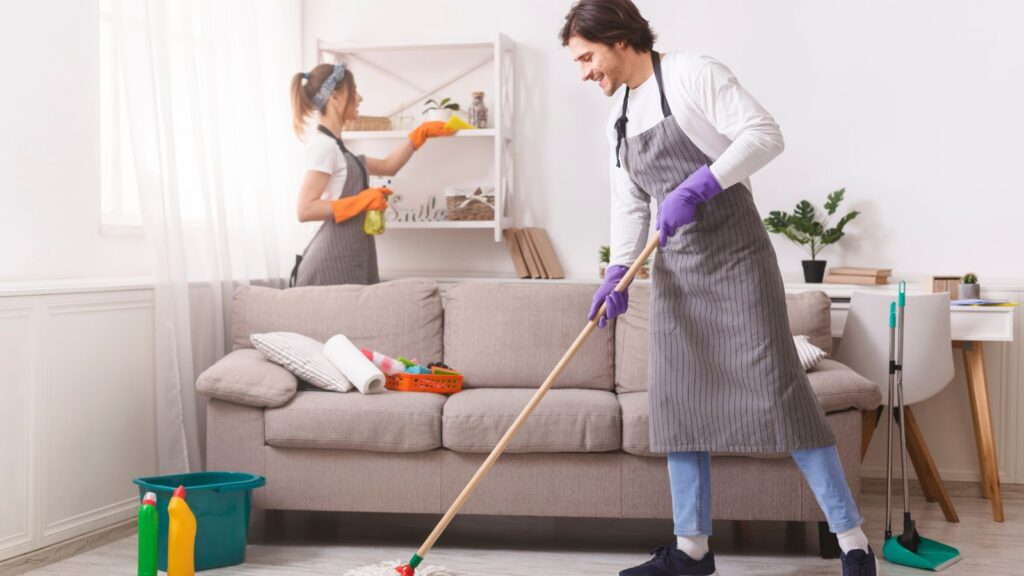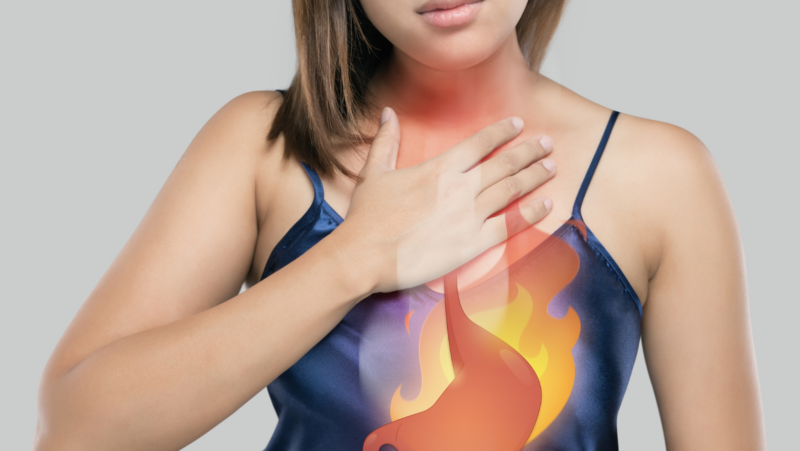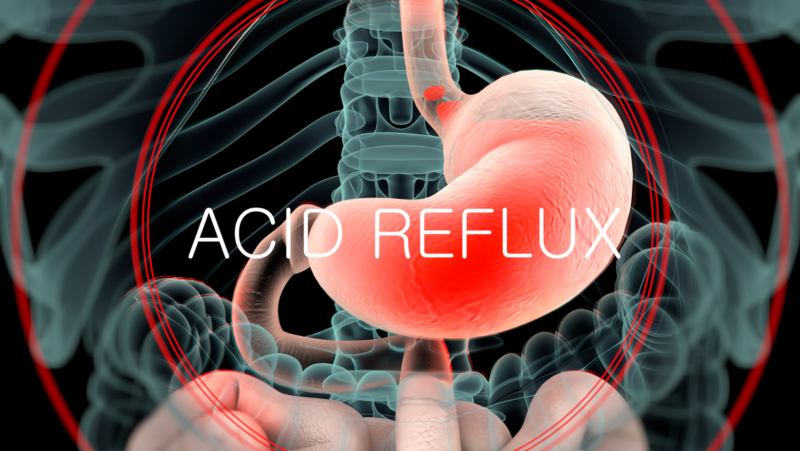
When you think about public health, you might picture doctors, nurses, or health clinics. But there’s another important part of the puzzle that often goes unnoticed: specialized cleanup services. These teams play a vital role in keeping communities safe by handling dangerous biohazards and trauma-related messes that could threaten health if left untreated.
In this article, you’ll learn what these cleanup services do, why they matter, and how they help protect you and your community every day.
What Are Specialized Cleanup Services?
Specialized cleanup services focus on cleaning and disinfecting areas contaminated by biohazards. This can include bloodborne pathogens, bodily fluids, chemical spills, or infectious waste. Common scenarios they handle include crime scenes, unattended deaths, hoarding cleanup, and infectious disease outbreaks.
Because these situations involve health risks, the cleanup requires special training, equipment, and strict safety procedures. It’s not the kind of job you can do with a regular mop and bucket.
Why Are These Services Important for Public Health?
Contaminated environments can spread dangerous bacteria and viruses, putting others at risk. For example, bloodborne pathogens like HIV or hepatitis can survive outside the body and infect others if not properly removed.
Specialized cleanup teams follow rigorous protocols to ensure that harmful materials are safely removed and disposed of, reducing the risk of disease transmission. Their work helps prevent potential outbreaks and maintains safe living and working environments.
Different Types of Cleanup Services
Here’s a simple breakdown of common specialized cleanup services and what they involve:
| Cleanup Type | Description | Typical Situations | Safety Level Required |
| Crime Scene Cleanup | Removal of blood, bodily fluids, and evidence | Homicides, assaults | Very High (biohazard) |
| Unattended Death Cleanup | Cleaning after a death that went unnoticed | Undiscovered deaths | Very High (biohazard) |
| Hoarding Cleanup | Sanitation of cluttered living spaces | Severe hoarding cases | High (biohazard, pests) |
| Infectious Disease | Disinfection to prevent disease spread | COVID-19, flu outbreaks | High |
Starting a Career or Business in Specialized Cleanup

If you’re interested in a career or franchise opportunity in this growing field, it’s important to know what’s involved. Specialized cleanup requires:
- Training and certification in biohazard handling and safety
- Knowledge of local regulations and disposal laws
- Access to specialized protective gear and cleaning agents
- Attention to detail and respect for client privacy and emotional wellbeing
One way to enter this field with support and a proven system is through a franchise model. For example, the T.A.C.T Franchise offers a structured path for entrepreneurs interested in specialized cleanup services. Their franchise provides training, brand recognition, and operational support to help new owners succeed.
The Public Health Impact
According to the Centers for Disease Control and Prevention (CDC), proper cleanup of biohazards is essential to prevent the spread of infectious diseases and protect community health (CDC Cleaning Guidelines).
By ensuring contaminated areas are professionally cleaned, specialized cleanup services help reduce hospitalizations and limit outbreaks. This is especially critical during pandemics or in areas with limited healthcare resources.
Conclusion
Specialized cleanup services may not be something we think about every day, but their role in public health is significant. They handle some of the toughest, most sensitive cleanup jobs with care and professionalism, keeping communities safer.
Whether you’re considering a career change or looking for a new business opportunity, the specialized cleanup industry offers meaningful work with real impact. If that interests you, exploring franchise options like the T.A.C.T Franchise could be a great place to start.












